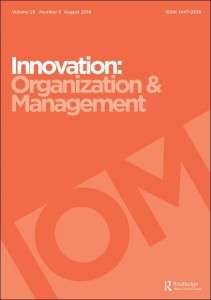My blogposting activity is lagging. So here is another summary:
Have joined LMU Munich and work with a wonderful team at the Professorship of Innovation, Entrepreneurship & Sustainability as well as the LMU Innovation & Entrepreneurship Center.
Three publications I’d like to mention are on resilience, digitalization & sustainability, religion and entrepreneurship, and management task forces.
A lot is also happening on futures including a Call for Papers for a special issue in Organization Studies on Utopias-Dystopias as sources of organizations and organizing, activities by our EGOS Standing Working Group, and multiple symposia and workshops at AOM including on organizational imaginaries, impact measurement and digital organizing.
Lastly, I’d also like to mention a related BMBF project: The Impact Measurement and Valuation Lab (IMV-Lab) research project explores the impact measurement and valuation potential for social innovations. The project focuses on the assessment, critical reflection and empirical employment of approaches for measuring ecological and social factors. The objective is to develop and apply a set of instruments for measuring the ecological and social impact of social innovations.
And we have also just started a project on “Transformative Skills for Sustainability” and finished a very large project on “Sustainability, Entrepreneurship and Global Digital Transformation“.
I hope the links offer a pathway into these topics.
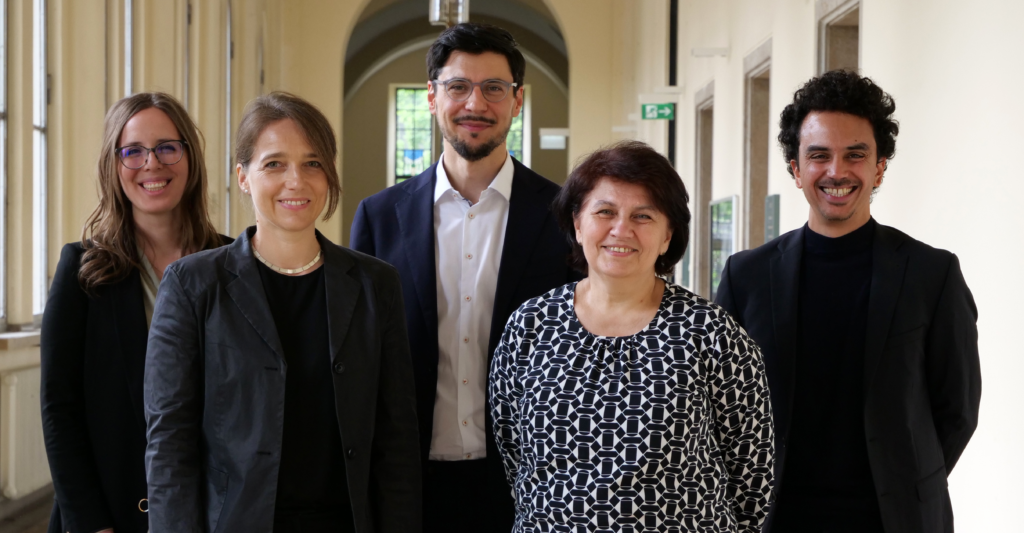

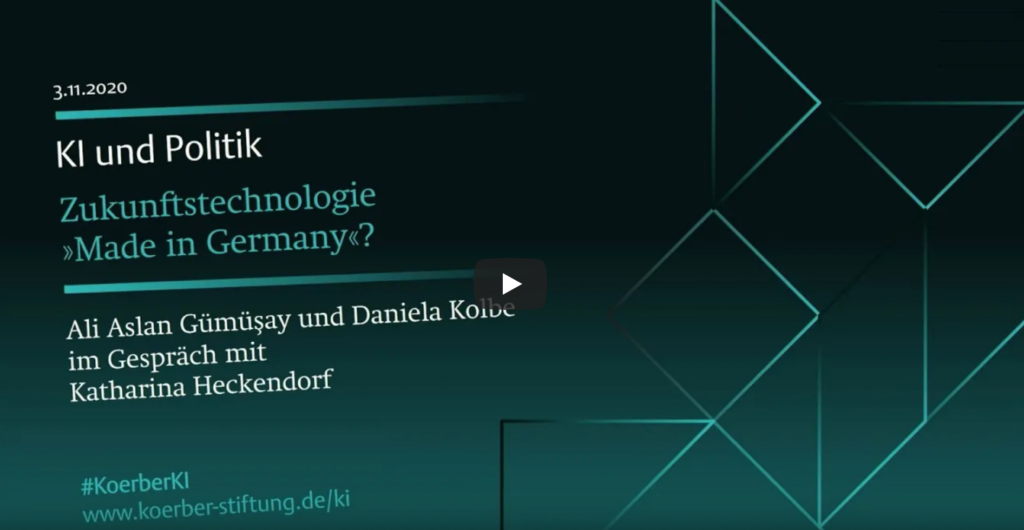
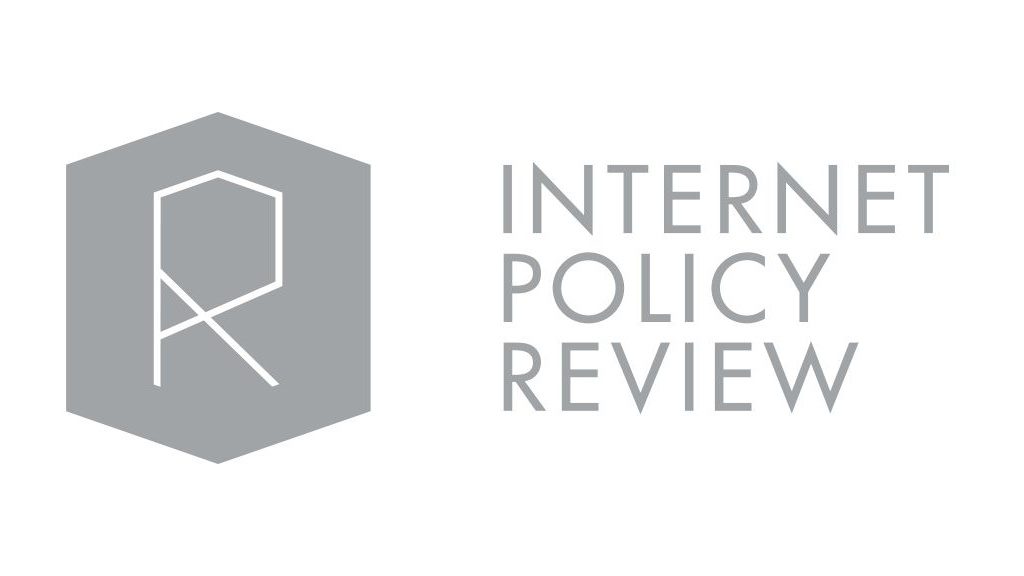

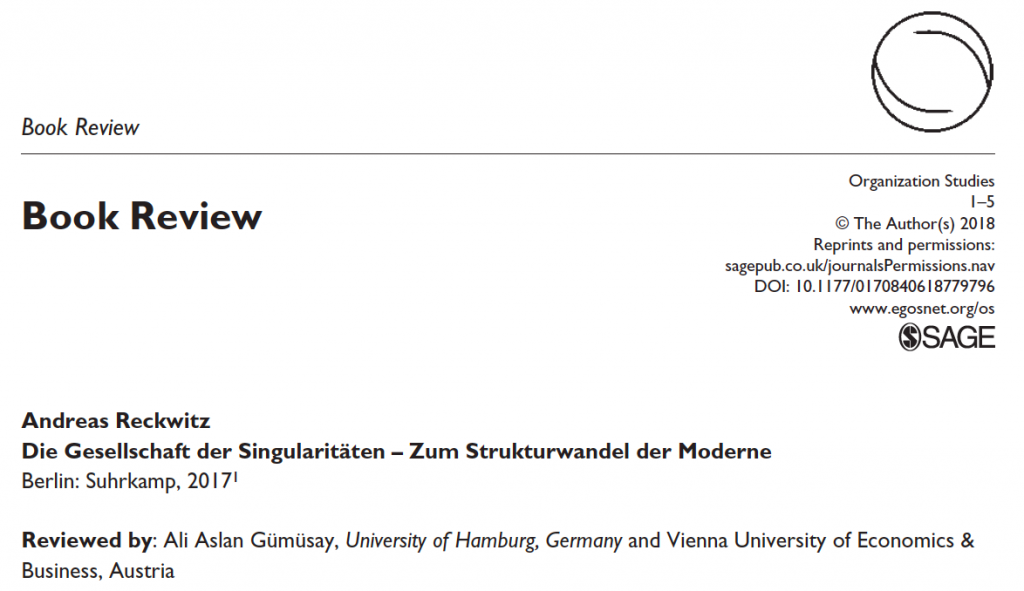 Unfortunately, wonderful comments by Andreas Reckwitz himself, Daniel Geiger and Oskar Piegsa had to be taken out during the review process. So I’d like to share them here:
Unfortunately, wonderful comments by Andreas Reckwitz himself, Daniel Geiger and Oskar Piegsa had to be taken out during the review process. So I’d like to share them here: